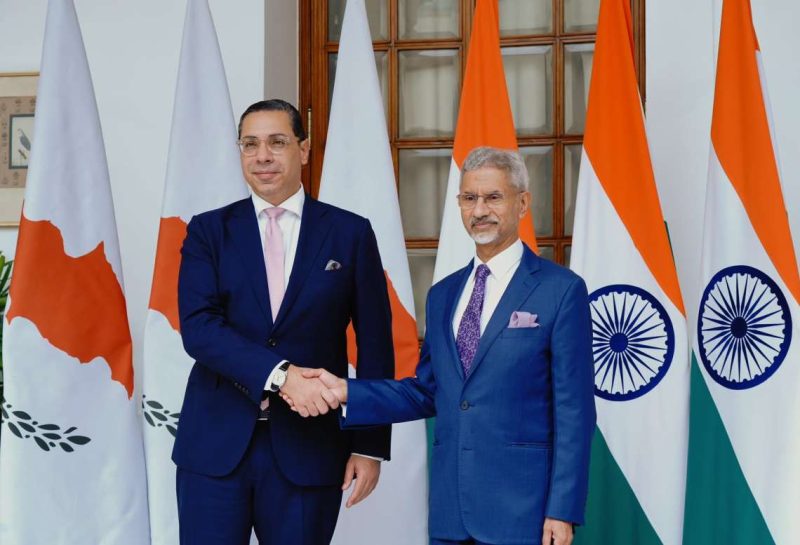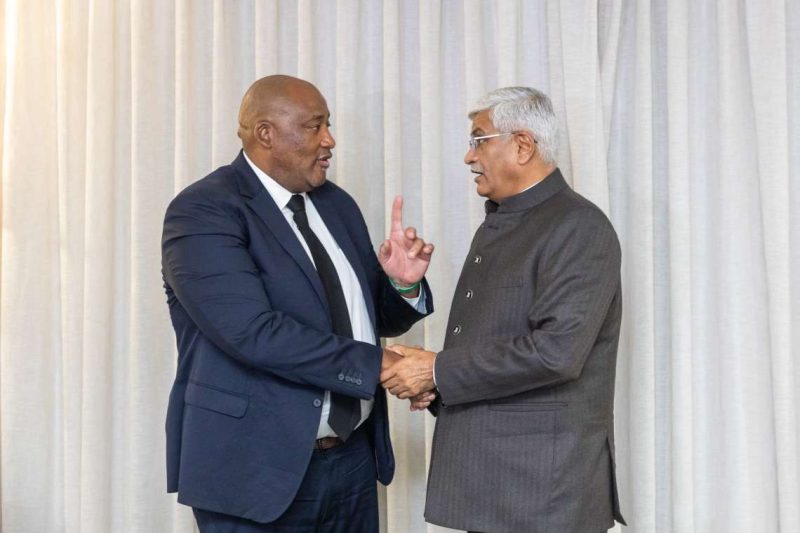Should Joe Biden revert to the China-friendly policies of the Clinton era, voter backlash against the Democratic Party would be severe…writes Prof. Madhav Nalapat

What is democracy and how does it flower? According to some social scientists and the policymakers who believe in them, it’s all about money. It was their conclusion that once the Peoples Republic of China (PRC) became more prosperous, the Chinese Communist Party (CCP) would morph into a social democrat party. This is the model favoured by Senior Senator Bernard Sanders of Vermont. Since the days of Nixon’s wooing of the CCP and the casting away of much of the attention paid to the Kuomintang (KMT) that from 1949 ruled only Taiwan, successive US administrations opened the gates of technology and commerce to China. This was in the belief that each concession would be another brick in the evolution of the CCP as a party of social democrats. Both when Hu Jintao and Xi Jinping were put in charge of the PRC in 2002 and 2012, hope-filled voices in Europe and the US rose about whether the new party chief would be the “Chinese Gorbachev”.

The higher an individual has progressed within the CCP, the more has been his or her awareness of the Communist Party of the Soviet Union General Secretary who presided over the demise of the USSR. Not as someone to emulate, but as an example to avoid. The hollowing out of the CPSU and the consequent decline and fall of the CPSU has been tracked back to the dawn of detente, the Helsinki accords of 1975 that gave a powerful lever to Washington to use against Moscow: human rights. There certainly were egregious violations of such rights, including the manner in which Jewish citizens were for long barred from migrating to Israel, an unforgivable act in a party that was founded on the doctrine enunciated by Karl Marx. But till the Helsinki summit, such considerations when raised by the US and its allies in Europe were brushed on the grounds that such matters were the “internal affair” of Moscow and therefore outside the purview of discussions—much less agreements—with a foreign power.

Elements in the Brezhnev bureaucracy came up with the idea of getting the most deadly foes of the USSR (the US and its allies) to help rescue the country from economic turmoil caused by the refusal of the CPSU to let go of control of industry and agriculture to private hands. Expecting an enemy to become a helpmate was a jump too far from reality. In the way a carrot was dangled before a donkey to make sure it trotted forward, the carrot of commercial reward was dangled before the Soviet leadership in exchange for a concession. When that was made by Moscow, only a tiny piece of the promised carrot was handed over. More would require greater concessions in ways that inevitably weakened the respect and fear of the CPSU that had kept the population of the Soviet Union from revolting against their masters. Which is why every statement from Beijing about improvements in the life of the Uyghur population of Xinjiang has been accompanied by an intensification of the drive to coordinate life the province in the direction mapped out by the CCP leadership. Unlike the Soviet Union, which was an economic shambles, the PRC has grown into an economy that has passed the superpower threshold while at the same time doubling down on the governance system that it has followed since its inception.

Unlike in the case of the US and the USSR, where almost all the concessions made went one way, from the USSR to the very country eager to witness its demise, the PRC has been at the receiving end of concessions from Washington that have boosted its technology and the economy. The Atlanticist obsession with Moscow suited Beijing, which was concerned at efforts by some policymakers to shift focus to the Indo-Pacific and therefore to itself. Meanwhile, the country was catching up with the US in technology, and even ahead of it in several ways in an increasingly digital age. When it became impossible to ignore the risks inherent in the rise in capabilities of the Peoples Liberation Army, “disaggregation” became the new formula. This was an effort at separation of the commercial from the security part of the policy matrix. The problem is that much of modern commerce relates to dual-use capabilities that can clearly be deployed in a conflict situation. At the same time, the hollowing out of much of US lines of manufacture and their replacement by imports from the PRC has become politically sensitive. Rust belt voters did not switch to Joe Biden from Donald Trump because he acted too strongly against China, but because they feel that he was not strong enough. What they used to make in the towns they live in continue to be imported from China, although with a higher duty. They wanted more, they wanted their jobs back the way Trump had promised in 2016.

Should incoming President Joseph R. Biden Jr revert to the China-friendly policies of the Clinton era, voter backlash against the Democratic Party would be severe. The party would lose control of the House of Representatives two years hence, crippling Biden in the manner a similar electoral disaster did President Obama. The Sanderistas in his party may go along with a lot of existing policies that are the opposite of socialist, but cozying up to Beijing would be too much of an ask from them. Nor would the Pentagon or the National Security Council embrace such an idea. Several policymakers still hesitate to speak the truth and try and push the reality of Cold War 2.0 between the PRC and the US into the closet, the way some do their sexual orientation.











